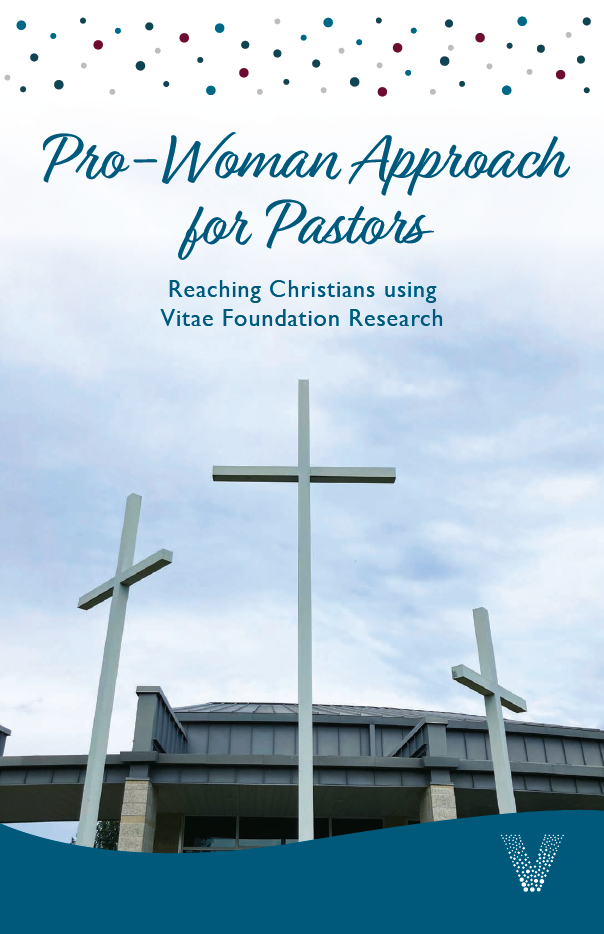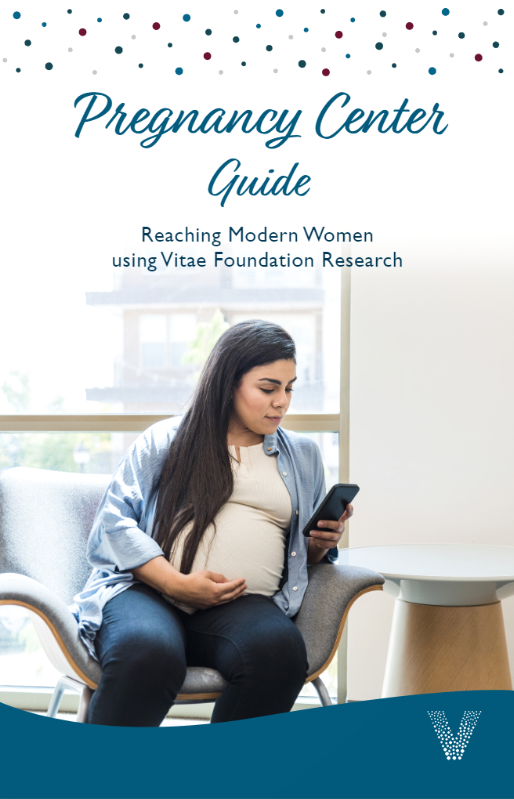
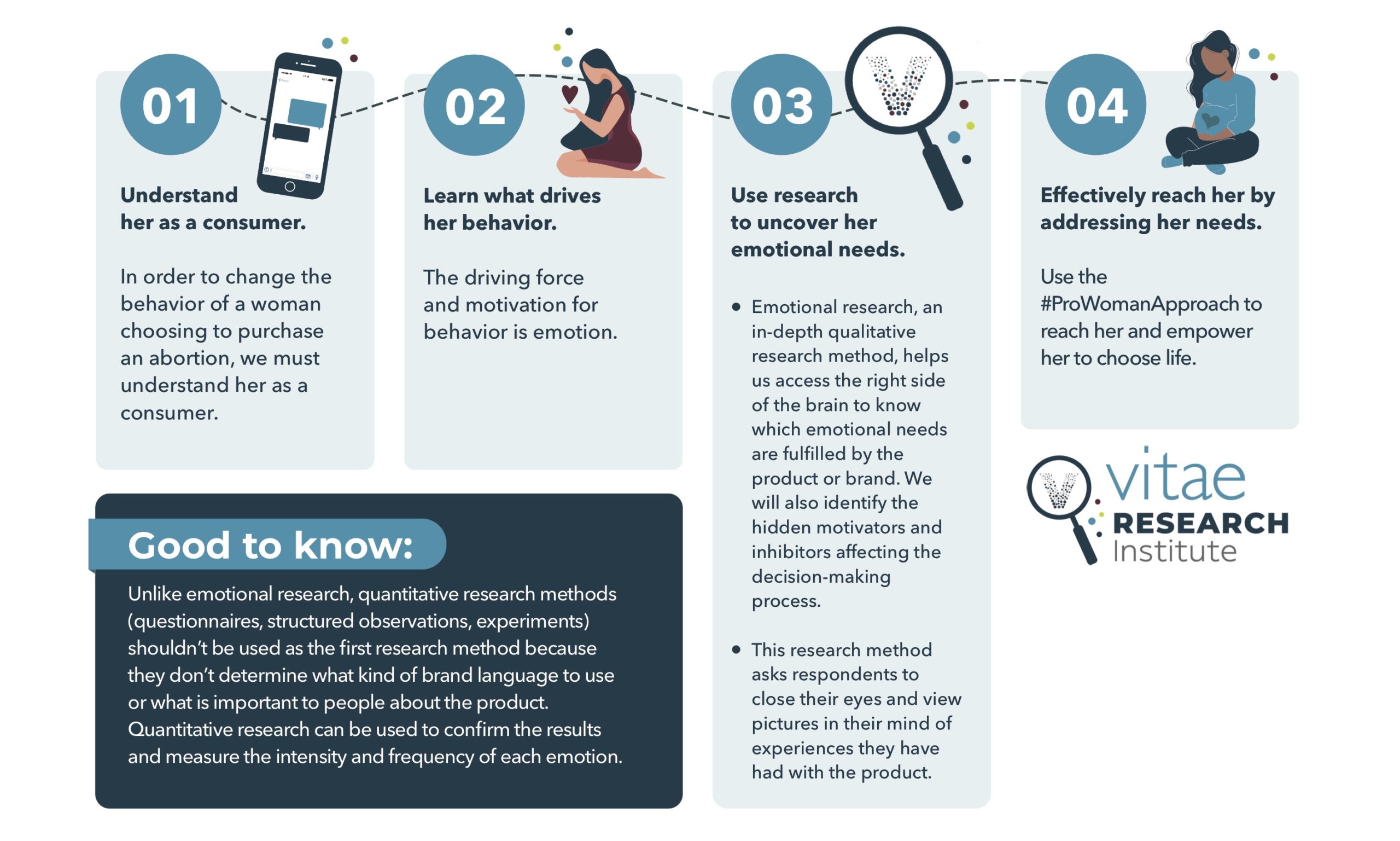
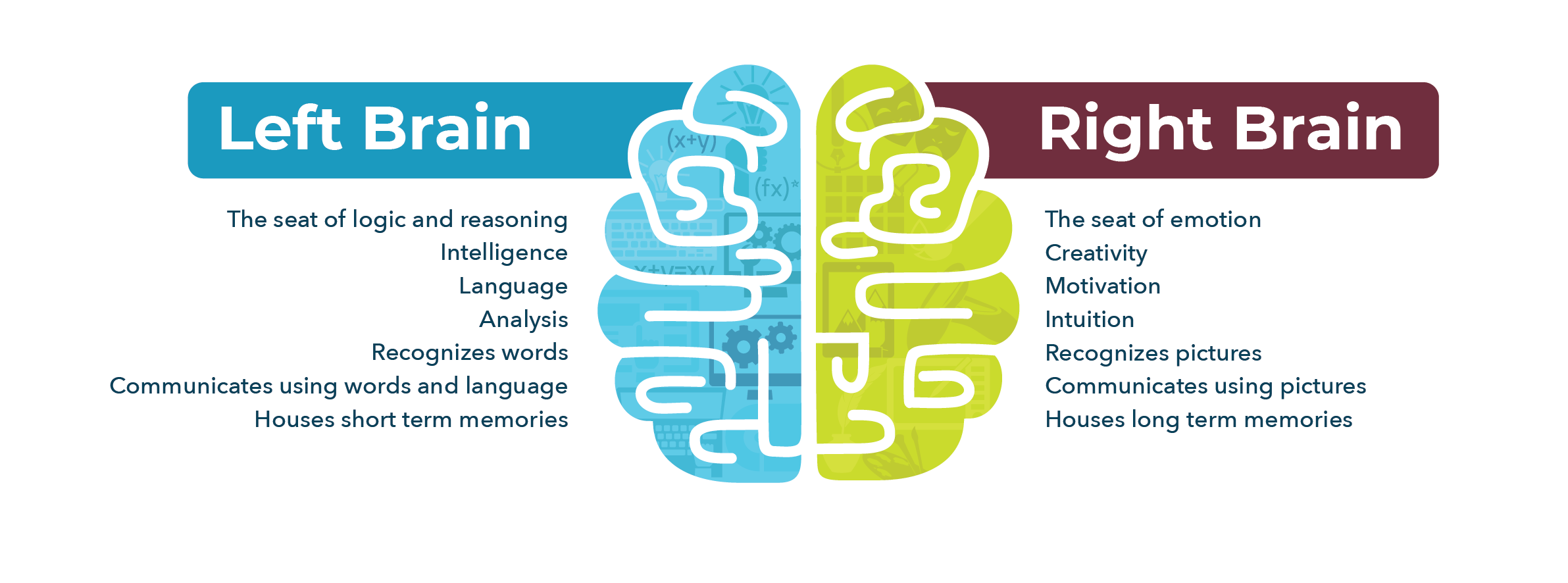
Research Study Articles


Life-Saving Right Brain Research
This article examines Vitae Foundation’s research study Abortion—The Least of Three Evils as well as Paul Swope’s article about it which was published in First Things.


Abortion: A Failure to Communicate
This article examines Vitae Foundation’s Abortion—The Least of Three Evils research study which helped understand why women who believe abortion is morally wrong can accept it under certain circumstances.


A New Understanding of the Trauma of Abortion
This article published by American Thinker examines Vitae Foundation’s Abortion—The Least of Three Evils research study and is authored by Charles Kenny and Paul Swope.


Saving Grace: The Planned Parenthood Brand & Branding PHCs
This article examines Vitae Foundation’s Saving Grace research study which found that the Planned Parenthood customer can generally be divided into two categories: younger women in their fertile years and the “legacy customer,” a previous Planned Parenthood customer who now refers, and in many cases, facilitates a younger sister or friend obtaining their services.
Vitae’s Research Methodology
Vitae Foundation has invested millions into Emotional Research. Right Brain Research, a type of Emotional Research, was developed by Dr. Charles Kenny, a consumer psychologist and founder of The Right Brain People®, as a methodology to uncover the emotional motivators that drive decision-making. In the beginning, Dr. Kenny and his team were commissioned by Vitae to conduct research to reveal the psychological dynamics that motivate women to feel the way they do about abortion. This innovative approach to consumer messaging development has been used by over 600 of the world’s most successful corporations and organizations. In more recent years, Vitae commissioned professional researchers at Emotional ConteXt to add to this lifesaving work.
Over the past thirty years, in-depth interviews utilizing the Emotional Research methodology have been conducted with hundreds of participants around the country, including many women who experienced abortion first-hand. Through this, we’ve uncovered how to better communicate with people who may support abortion as a solution to an unexpected pregnancy and move them to a more life-affirming position. The result of this investment is invaluable and has led to a paradigm shift in the way pro-life organizations message their position, as they embraced Vitae’s research-based “Pro-Woman Approach.”
Right Brain Research Studies
The studies listed below were commissioned by Vitae Foundation and conducted by Dr. Charles Kenny.
- Abortion: The Least of Three Evils (1994)
To understand why women feel the way they do about abortion and to learn how to reduce the number of people who support abortion. [click to view abstract]
- Its Own Time and Its Own Season (1997)
How women make decisions about unexpected pregnancies. [click to view abstract]
- The Dilemma of Choosing Life (2000)
To understand what drives teen attitudes and feelings about abortion and secondarily about sexual activity. [click to view abstract]
- Choosing a Life for Vitae (2003)
A synthesis of Vitae’s prior research study findings. [click to view abstract]
- Ready for Responsibility? (2003)
To understand what drives young people to change or retain their attitudes and feelings about abortion as they emerge into adulthood. [click to view abstract]
- A Higher Calling (2006)
The Right Brain approach to understanding why women want to become pregnant and why those who don’t, don’t. [click to view abstract]
- Saving Grace (2015)
Examining the Planned Parenthood brand. [click to view abstract]
Emotional Research Studies
The studies listed below were commissioned by Vitae Foundation and conducted by Emotional ConteXt.
1. Deeply Rooted (2023)
A two-part study to explore how cultural factors and emotional motivators affect minority women’s perceptions on abortion. [click to view abstract]
2.Catch-22 (2023)
The perception of the abortion pill. [click to view abstract]
- Fighting for Control (2023)
Why women choose to reverse their abortion [abstract coming soon]
- No Regrets? (In process)
How to reach people with healing resources after an abortion decision. [abstract coming soon]
Want to submit your research? Click the button to the right to get started!
Research studies
conducted by our peers


Abortion Pill Reversal: An Exploratory Investigation
The results of this study show that in a rat model, of the pregnant rats which were given mifepristone (the abortion pill drug), those which underwent the abortion pill reversal regimen (the natural hormone, progesterone), the majority (81.3%) saw a reversal in the effects of the mifepristone, resulting in living offspring at the end of gestation.


Long term impact of medication abortion
With abortion on the national stage, this study provides an opportunity to shine a light on women who are too often overlooked—the millions who suffer psychologically after abortion, sometimes years after the event.


Study of Women Who Have Had an Abortion and Their Views on Church
This study surveyed a nationally balanced sample of American women who indicated they had had a pregnancy termination or abortion procedure. Over 1,000 surveys were conducted and the results from this 2015 study correct misconceptions many pro-lifers have about the incidence of abortion in the church.


Study of Men and Abortion
The Care Net Study of Men whose Partner has had an Abortion was originated and commissioned by Care Net. The objectives of this quantitative study were: 1) to measure specifically what percentage of men were attending church at the time their partner/spouse had an abortion, 2) to understand men’s opinions about the unplanned pregnancy and the influence men have on their partner/spouse to have an abortion, and 3) to understand the opinions of men whose partner/spouse has had an abortion regarding how safe, open, and helpful churches are when making a decision about an unwanted pregnancy.
Gain access to the Charlotte Lozier Institute’s research library!
Videos developed using
Vitae Foundation’s research
For many of more “seasoned” supporters, they remember Vitae Foundation as “the TV people”. Vitae’s pro-woman commercials caused a paradigm shift in the Pro-Life Movement’s messaging. Enjoy these “classics” from back in the day.
Den
Pregnant and Afraid
Be the One
Nurse 2
Classroom
Life Saver
Night
Pregnancy Center Guide
To view the guide, please connect with us by providing your information below.
Verified pregnancy centers can access this guide by visiting Vitae Vault or registering to join.
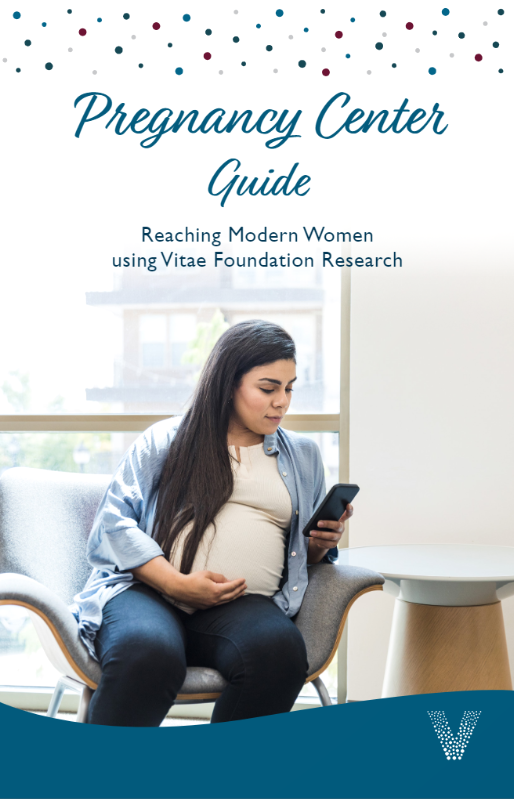

Pro-Woman Policy Guide
To view the guide, please connect with us by providing your information below.



Medical Center Guide
To view the guide, please connect with us by providing your information below.
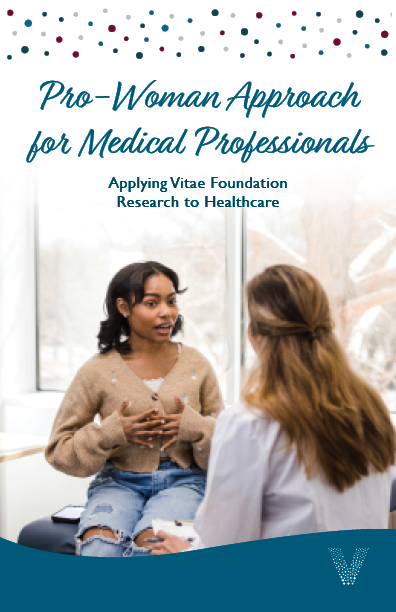


Pastor’s Guide
To view the guide, please connect with us by providing your information below.
